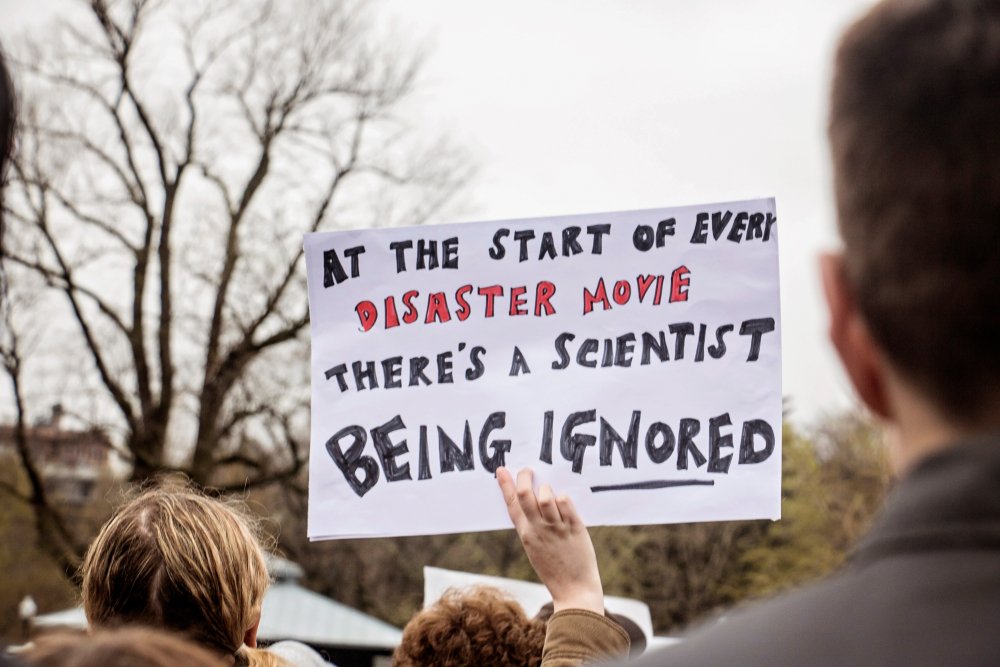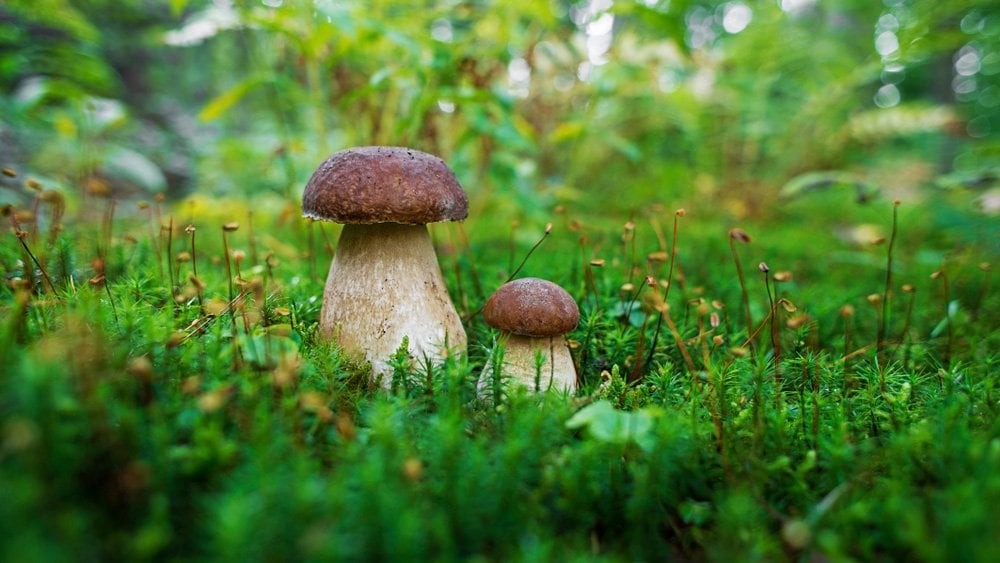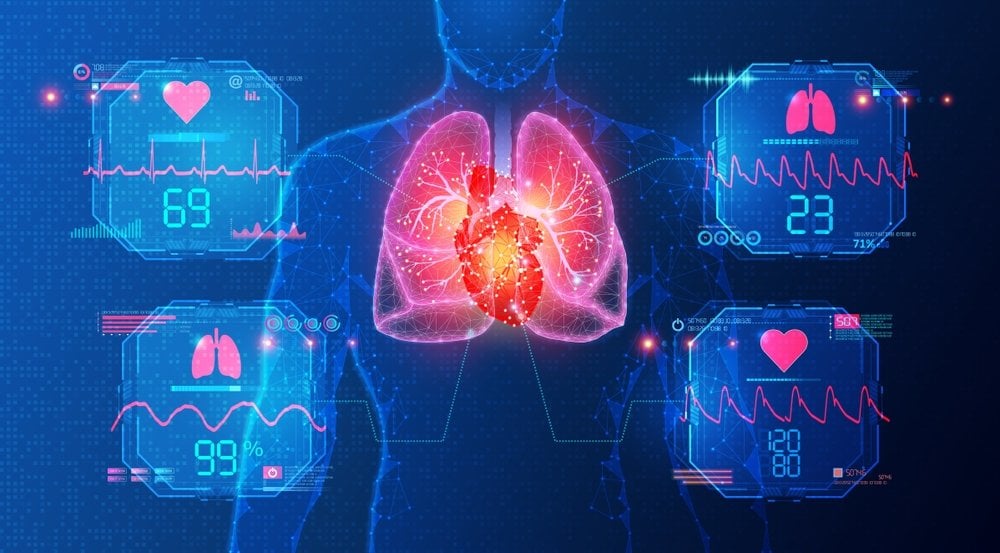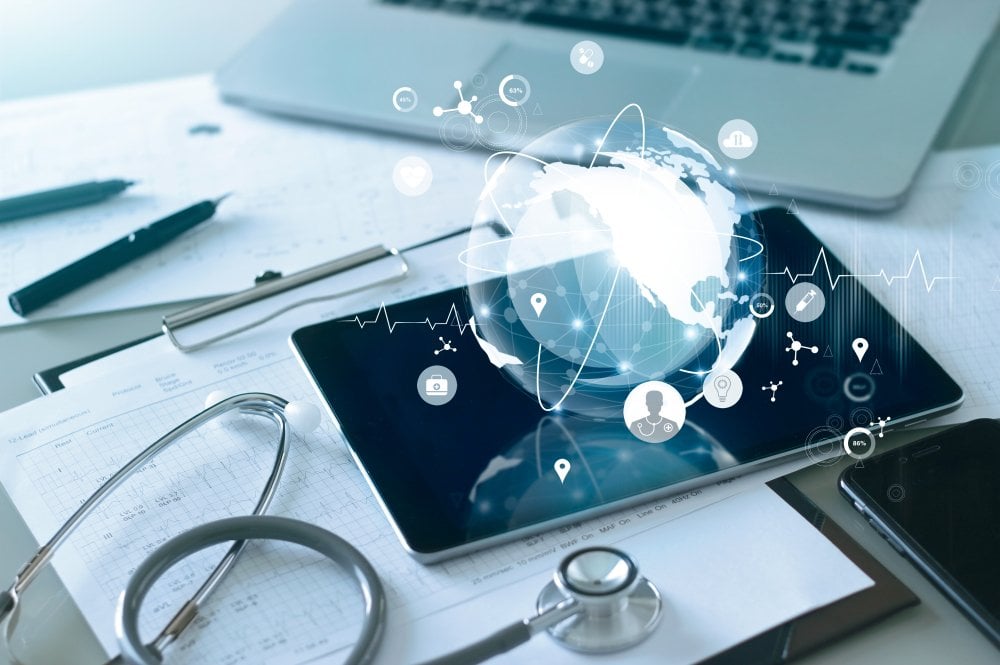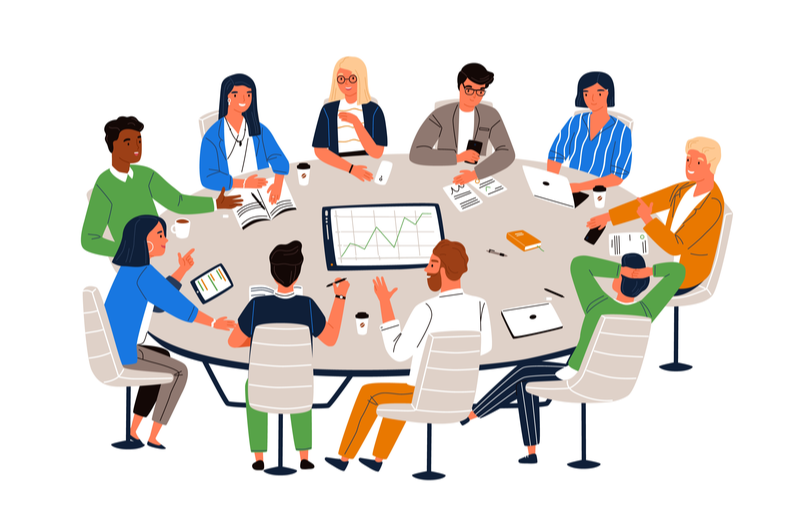It’s no news that the United States has an uneasy relationship with science. While students come here from around the world to earn their college or post-graduate science degrees in our excellent research programs, our own high-school age students exhibit lower scientific literacy than those in many other developed nations. Many Americans hold religious or politically-influenced views that challenge or disregard even the most basic tenets of science, such as evolution. And we tend to harbor high levels of mistrust for science, paving the way for anti-vaxxers and climate change deniers.
This situation has given Americans a unique perspective for dealing with a public health threat, to put it mildly, which goes a long way toward explaining our response (or lack thereof) to COVID-19. It has wildly diverged from that of other developed countries. The science-first approaches that have been so successful in other hard-hit places — commonsense things like wearing masks and keeping a healthy distance from each other — have here become illogical ammunition in cultural street fights.

Consider Japan, one of the few countries swept up in the COVID-19 pandemic that never went into lockdown. Despite being one of the earliest outbreak sites, when the Diamond Princess cruise ship harbored there, Japan has seen just 1,000 COVID-related deaths as of July 29. How did they do it? Residents quickly adopted sensible measures recommended by health experts, like wearing masks and staying home, and the results have been so effective that no lockdown was needed.
The U.S., led by a president who refused to wear a mask in public until six months into the pandemic, saw far less uniform compliance. In the early days of the outbreak here, public health officials equivocated on the importance of wearing masks, while politicians actively denounced the idea, waiting until the situation had largely gotten out of control before committing to a pro-mask stance. (In fairness, some of the reluctance to encourage mask-wearing stemmed from fears that the public would monopolize hospital-grade masks desperately needed in hospitals.) Expert analysis has found that the majority of COVID-19 deaths in this country could have been prevented with a faster response and implementation of basic precautions recommended by scientists and doctors around the world.
Why are we so resistant to science? As a non-scientist who stumbled into a career focused on science, I have a perspective that might help. Two common themes have caught my attention over the years.
First is the way Americans give themselves permission to disregard scientific findings. One day a study comes out that says coffee is bad for us, and the next day another study comes out apparently saying the opposite. A lot of people tell me that since they can’t both be right, it’s obvious that you can’t trust research. What we really need to overcome this is more awareness about the hypothesis-testing process of science —it’s never an all-or-nothing enterprise, and in fact each study sheds a little more light on a topic than what we knew before.

We also need better general education, including in simple logic and statistics, so that every person has the foundation to gauge the value of a study. People need to understand basic things like the importance of study size, whether it was peer reviewed, and whether a discovery is novel and needs confirmation or instead serves to validate previous findings. Those three components alone would help Americans evaluate research results better and realize that not all studies have the same value. The press is also culpable, since its often-breathless reporting on scientific findings often fails to show they understand many of these elementary issues.
The other theme that comes up again and again in my interactions with researchers and the general public as a journalist and science communicator is the weakness of our science education system. Most of us remember science classes as grueling sessions of rote memorization; I still recall hours spent trying to learn every part of a plant. But experts have long recommended a shift away from this cataloguing approach to a more experience-based system. And no wonder: for me, a half-day workshop I took as an adult at the American Museum of Natural History taught me more about molecular biology than I retained from any high school class. The reason it registered so powerfully was the approach: I extracted and analyzed my own DNA.
While transforming our country’s science education program would be a massive, years-long effort, there are quick fixes that could help improve scientific literacy and maybe even give us more understanding and respect for science as a whole.
More interaction with scientists. I never had any particular interest in science until I was beginning a career in the field. Hearing about science from scientists was all it took. These talented people have an infectious enthusiasm for research and what they study, and we would all be better off if we heard directly from them. Finding opportunities to bring scientists into local grade schools and high schools to talk about their work and connect with bright young minds would be a huge leap forward in seeing that science is more than a list of dry facts in a moldy textbook.
Science-based reality TV. Let’s face it, TV shows are how many American adults learn best. Consider what CSI: did for the public’s familiarity with forensic science. Lab-based reality shows that helped viewers see the process of science — the highs and lows, the questioning of each result, the need to confirm findings with other methods — could do wonders for our basic fluency.
Expand volunteer-driven science education efforts. There are already many nonprofit organizations dedicated to improving science education. pgEd is one of my favorites; it focuses on advancing genetics education by releasing free lesson guides, hosting workshops, and even meeting with government officials. Programs like this tend to be funded through donations, but public science funding for organizations like the National Institutes of Health or the National Science Foundation could be directed to help them expand.
If we had a better baseline understanding of science, Americans would be better equipped to respond to a crisis like COVID-19 without making a mockery of basic public health recommendations. As we endure our sixth month of this pandemic, with all indicators showing that our national situation is getting worse than ever, I can’t help but wonder how different things would look today — and how many lives could have been saved — if we simply had greater respect for science.

